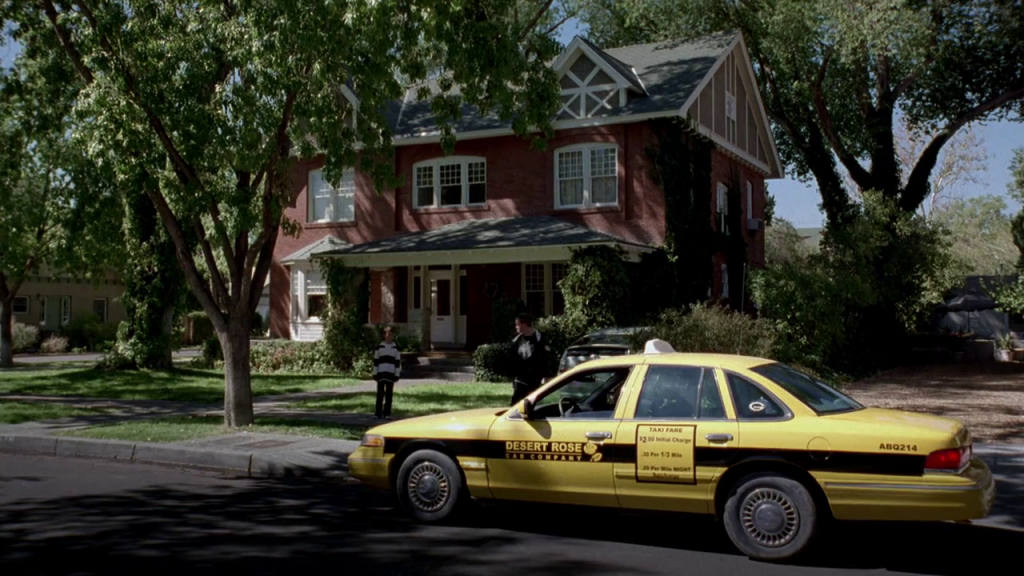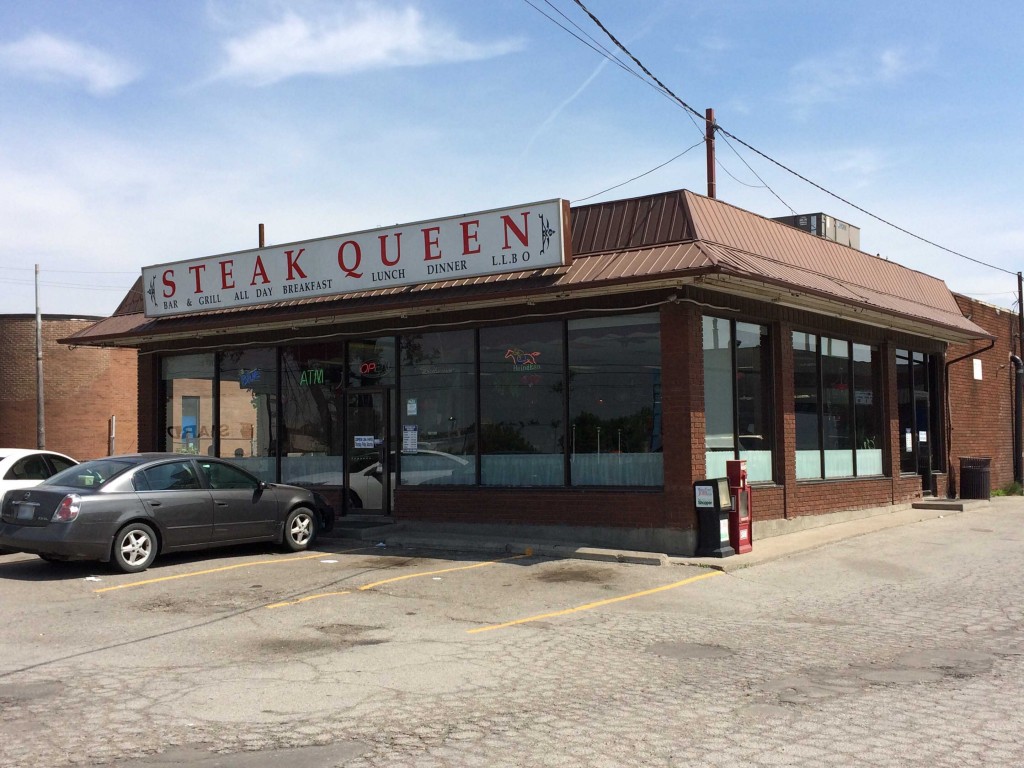Rob Ford’s recent death has prompted some great thinking and writing (e.g. here, here and here). I don’t have much to add, except for one little observation, which I don’t think has been given enough play. It is about social class.
Rob Ford was often described as a champion of the little guy, of being the “people’s mayor.” He was also inordinately popular among what we academics refer to, euphemistically, as “low-SES individuals” (SES standing for “socio-economic status”). And yet it was often pointed out that Ford himself was rich, he was born to a rich family, and had never really had to work for a living – outside the family business – before he entered politics. He was, in other words, a comfortable member of the economic elite. (Furthermore, many of Ford’s policies did not really benefit his supporters. Property taxes, in particular, are about the closest thing we have to a pure wealth tax in our society, so his insistence of keeping them as low as possible generated significant benefits for the wealthy and little more than spare change for the downtrodden.)
And yet somehow the charge, that Ford was just a rich guy, pushing through an agenda that benefited the rich, never seemed to stick. The reason it was not more persuasive is that, despite having been born to a higher social class, he was never really a member of it – indeed, he was quite visibly uncomfortable with it. Partly this is because the Ford family were nouveau-riche, and so they never adopted upper-class taste (remaining, from a class perspective, vulgar – e.g. driving Escalades). But second, and more important, is that Ford was one of those people who, being uncomfortable with the class into which he was born, clearly aspired to downward social mobility. People like this are not that common, but I’ve met a few – where every major life decision they make seems to be geared toward moving into a lower social class than that of their parents.
Remember the scene in Breaking Bad, when you first see Jesse Pinkman’s family home, and you realize suddenly what sort of a class background he comes from:

Rob Ford was like that too. There was no better illustration of it than in the infamous “Steak Queen” video:
Lots of people saw this video and imagined that it would dent Ford’s popularity. (One doesn’t often hear the mayor of a major city referring to the chief of police as a “cocksucker,” much less “bumbaclot.”) Newspapers described the episode as “damaging” and “embarrassing” to the members of Ford Nation. The effect, however, was the exact reverse, because commentators missed the larger frame. Here was Rob Ford, totally inebriated, hanging out at Steak Queen with his friends in the middle of the night. Hands up how many people had ever heard of Steak Queen, or eaten there, prior to this video? More generally: who the hell eats at Steak Queen? Here’s what it looks like:

There’s hundreds of these places around Toronto. They are, perhaps needless to say, frequented by low-SES individuals. (Not that there’s anything wrong with that!) Steak Queen is distinguished by being open 24-hours, and so is popular with the after-bar crowds.
I think this is one of the reasons that Ford is often described by his supporters as “honest” and “authentic” – despite the fact that he was an inveterate liar. Most politicians belong to a social class that is above that of the median voter. They have university degrees (often in law), they’ve had capital-C careers, and perhaps most importantly, they have bourgeois taste. As a result, most of them have to be very careful to avoid the impression of talking down to their constituents. So they often find themselves scaling back their vocabularies, pretending to have an interest in sports, acquiring a taste for Tim Horton’s coffee, etc.
Some are better than others at this. I am reminded of John Kerry, stopping for a cheese-steak sandwich while campaigning in Philadelphia, and trying to order it with Swiss cheese. Catastrophic error! There is only one correct type of cheese to eat on the cheese-steak sandwich, and that is Cheese Whiz. His opponent, George W. Bush, ordered it “wiz wit” – the correct local idiom. But this just meant that Bush was better briefed by his campaign staff. One does not get the sense that Bush, Yale graduate and scion of privilege, spent much time hanging around cheese-steak joints.
And yet there was Rob Ford, hanging out at Steak Queen. What a lot of low-SES people saw, in this video, was a guy who was not just pretending to like the sort of things that you like, but one who actually likes them. Far from looking down on you, he actually wants to be like you. Here was a man with genuine affection for the lower classes. Lots of fancy downtown Marxists profess to care about the poor, but would recoil with horror at the thought of eating at Steak Queen. (Observe what happened when, in the wake of the video, the Toronto Star sent its restaurant critic to write a review.)
Class solidarity, as well as class antagonism, usually finds its most powerful expression in aesthetic judgement. This is one of the reasons that all the criticisms people made of Ford as mayor had so little impact on his supporters. They read it in class terms, and interpreted it as just another version of “looking down” on them.

On ‘Fordism’ and class antagonism:
“The political constituency that came to be known as ‘Ford Nation’ wasn’t so much united by a series of concrete aims as by a desire to see downtown Toronto’s elitist equilibrium violently disrupted.
For the poor voters in peripheral neighborhoods, excluded from the bustling metropole, it didn’t matter that Ford’s expensive plans for new subways were at odds with his penny-pinching ethos. What mattered was that, for once, the patrician denizens of pre-amalgamation Toronto might not get what they wanted.”
From: https://www.jacobinmag.com/2016/03/rob-ford-toronto-canada-crack-mayor-austerity/
Another hilarious anecdote about Kerry – at a key moment in the election he was asked what his favourite wine was. Strategists saw a key opportunity here to gain votes in Ohio or California…
Kerry’s response? Latour 1961
It’s been a while since I read Andrew Potter’s book, so he may not have put it exactly this way, but authenticity is really just a code word for, “stuff I like.” Trump is often called authentic, but he’s a habitual liar, just like Ford. However, he’s branded himself as being the guy who isn’t politically correct, and a lot of Americans interpret political correctness as lying to spare the feelings of others. So he seems honest, even though technically much of what he says are lies.
Two points:
1) Joseph wrote in an earlier post about how Mrs. X, after calling Ford, finally got her sink fixed. Ford probably broke half a dozen rules in the process, but Mrs. X doesn’t know that and probably doesn’t care. She’s just relieved to have running water again. If you were to explain to her about the rules, she might reply those rules are just there to protect the cushy bureaucracy who doesn’t give a damn about her problems.
The challenge, then, becomes how to actually make Mrs. X and other people like her actually feel like they’re being listened to, and that their problems matter. She might call the Public Works department, and deal with someone she doesn’t know and be told she has to wait ten days, or the person might never get back to her. On the other hand, she talks to Ford, and he immediately takes steps to get the issue resolved for her.
2) Rightly or wrongly, there is a perception that downtown Torontonians (variously referred to as the ‘glitterati’, the ‘Laurentian elite’, the ‘politically correct’, etc., whatever their actual political beliefs might be) look down their noses at the “ordinary guy” that they see themselves as. That elite is stereotyped as being snobbish, arrogant and intolerant of any dissenting opinions, that they attack as racist, homophobic, etc. On the other hand, somebody like Rob Ford, with a persona reminiscent of characters like Archie Bunker, Fred Flintstone or Homer Simpson, characters whose rough sides are on display for everyone to see, seems much more like someone who won’t automatically consider them a brainless idiot just for disagreeing.
Even Robyn Doolittle, in her book “Crazy Town”, noted that some of this attitude really *did* exist among the Toronto elite, and the contempt that apparently existed for anyone who didn’t buy into support for things like bike lanes, smart growth, public art, and other things associated with the “glitterati”. (I also see elements of it among certain big-city leaders here in my home province of Alberta, but that’s another story…)
The point here is that the smug condescension and angry vitriol directed at critics, and that has been demonstrated by some people as chronicled by writers ranging from Robyn Doolitle to Richard Gwyn (in his book “Nationalism Without Walls: The Unbearable Lightness of Being Canadian”), has led to a stereotype that risks tarring everyone who could be associated with it with the same ugly brush. Leaders like Rob Ford and Donald Trump have capitalized on it.
The really sad thing is, it doesn’t have to be like that. Speaking for myself, I will avidly read the articles people like Joseph and Jocelyn Maclure post to this blog, and publications like The Literary Review of Canada and books by Alan Cairns or Will Kymlicka in my spare time…but I am also very skeptical about things like bike lanes and public art, and some of my favourite TV shows have included “Red Green”, “Kevin Spencer” and “Trailer Park Boys”. Even these shows have their own interesting intellectual moments-I can enjoy “Trailer Park Boys”‘s references to everything from Plato to Shakespeare to Calvin even as I laugh at Ricky accidentally shooting himself in the foot while he, Cory and Trevor are breaking into a warehouse to steal stereo equipment.
Ok, but did he save taxpayers any money? Did he stop the gravy train? Was there a gravy train to start with? All this discussion of perception irritates me, somehow. I am kind of sick of hearing that perceptions matter. We should do better.